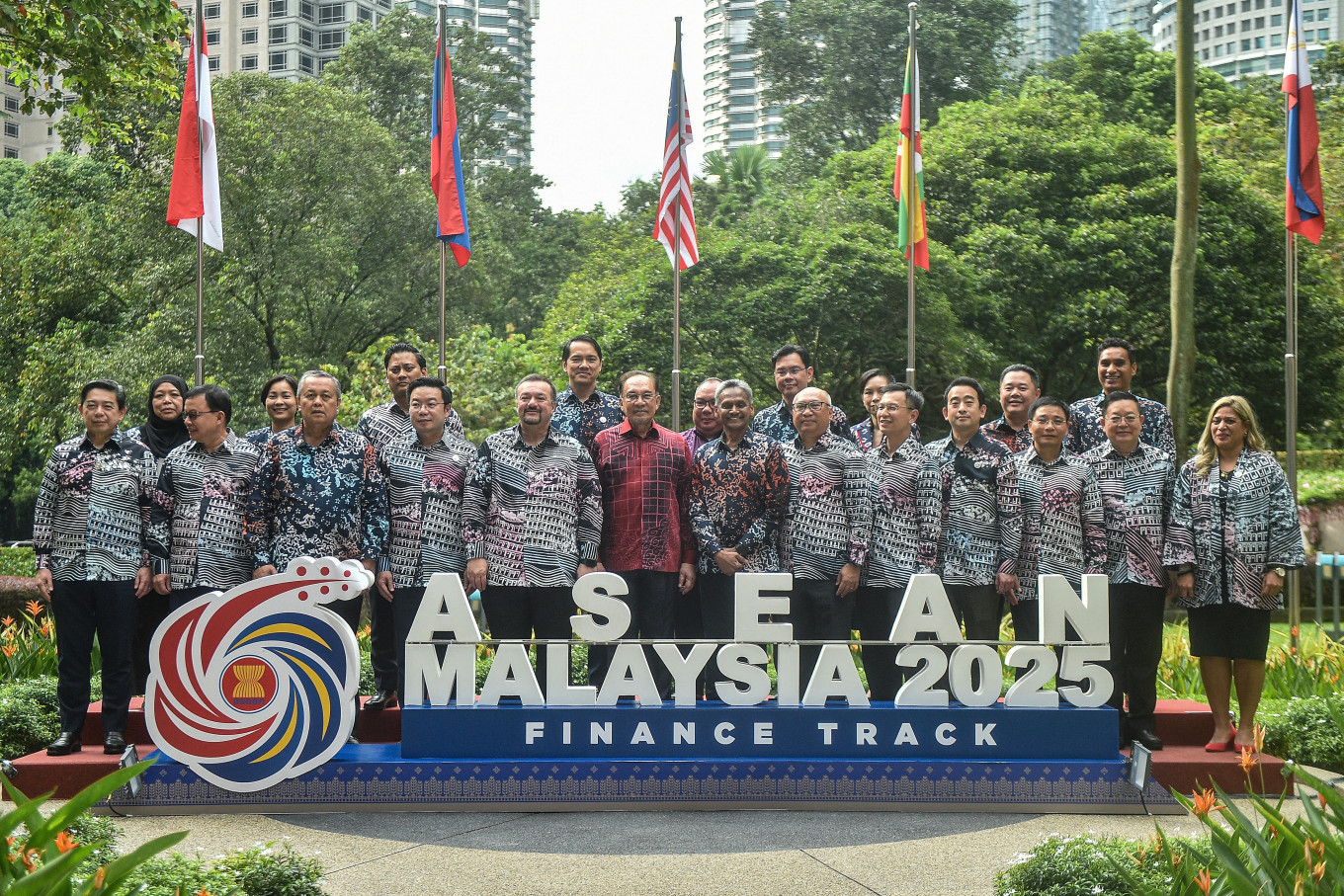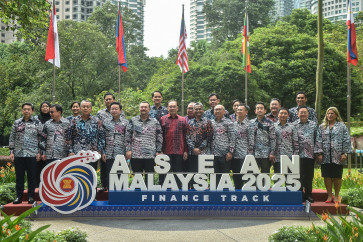Popular Reads
Top Results
Can't find what you're looking for?
View all search resultsPopular Reads
Top Results
Can't find what you're looking for?
View all search resultsCollective action to avoid a world trade war
We are on the precipice of a world trade war. Active and strategic economic diplomacy will be needed to avoid it.
Change text size
Gift Premium Articles
to Anyone
T
he 28 percent average tariff rate in the United States today, even with the 90 day pause, is significantly higher than the average rate of 19.8 percent imposed during the Smoot-Hawley Tariff Act of 1930.
The highest Smoot-Hawley tariff rate was 59.1 percent, well below the 145 percent the Trump Administration has slapped on all Chinese imports. Today’s tariffs return the US to its 1821 to 1900 average 29.7 percent tariff rate.
What made the Smoot-Hawley tariffs so damaging, while deepening and prolonging the 1930s depression and making it the Great Depression, was the retaliatory spiral it provoked. This, as Charles Kindleberger described it, led to the collapse of global trade from 1929 to 1933, and gave rise to geopolitical tensions that brought World War II several years after.
Tariff contagion like that is what’s at risk today: We are on the precipice of a world trade war. Active and strategic economic diplomacy will be needed to avoid it.
The global response to President Trump’s Liberation Day tariffs has thus far been, except for China, Canada and Europe, restraint. Europe has temporarily backed away from retaliation because of Trump’s 90 day tariff pause. But more uncertainty is on the way and other countries will be pressured into retaliating like the Chinese and Europeans, to make damaging deals with the US or join the protectionist game.
Moreover, the world is about to be rocked by huge flows of trade that are diverted from the US, as well as volatile hot money capital flows, big currency swings and macroeconomic shocks. As Chinese goods face a prohibitive 145 percent tariff entering the US, it is likely those products will be flowing to other markets.
Chinese products hitting global markets will improve living standards and will relieve inflationary pressures in many countries. But those that compete directly with producing those goods will be tempted to “protect” themselves from what they will see as the dumping of goods on international markets. Tariffs on imports will be the easiest tool for governments to reach for. They are contagious.



















